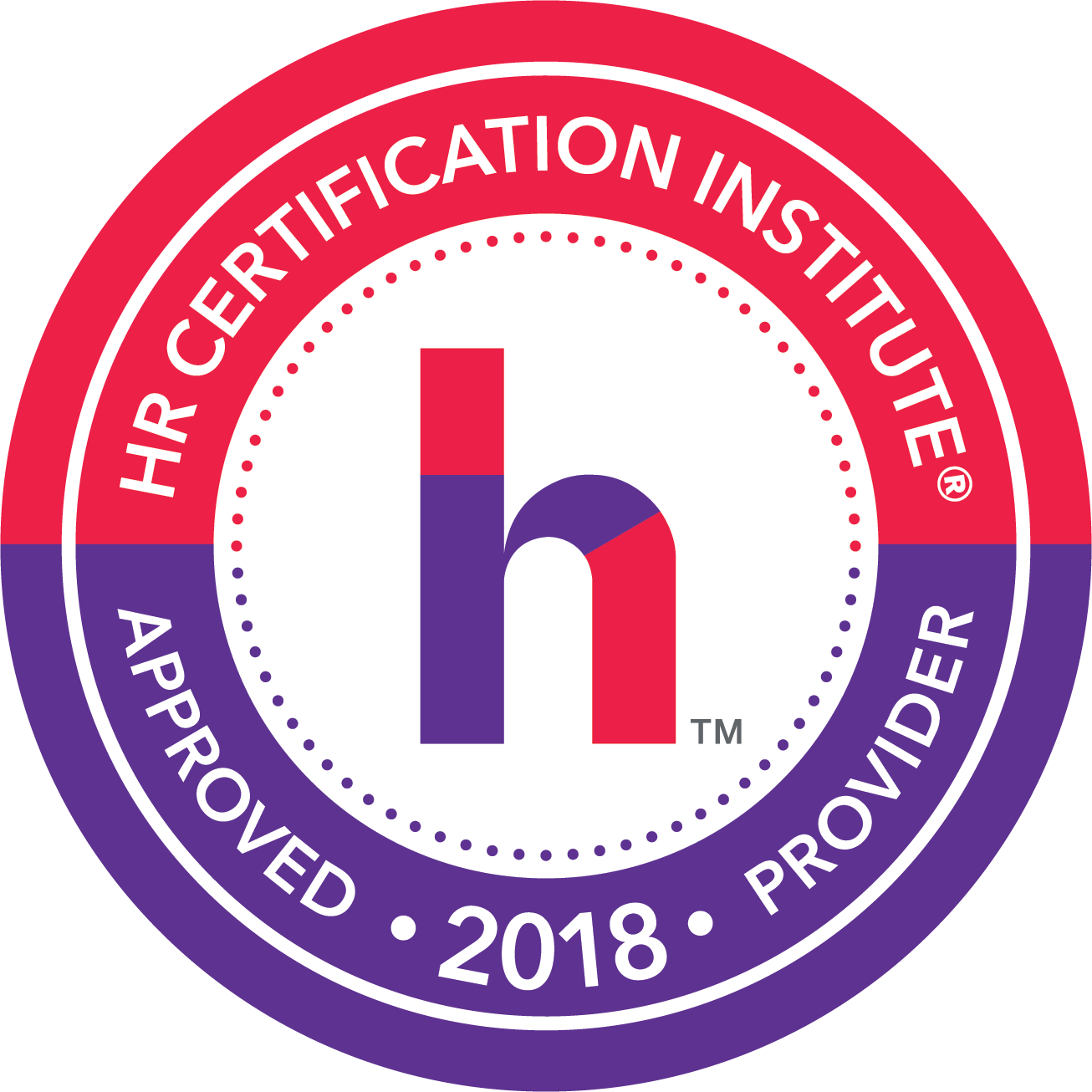ADA Accommodation and Compliance: What should the Process between Employer and Employee should look like?
Stuart Silverman has been practicing law for over 30 years and is the principal of the Law Offices of Stuart M. Silverman, P.A., located in Boca Raton, Florida. The emphasis of his practice is in the area of labor and employment law, and business and commercial litigation. Mr. Silverman has represented both private and public employers, as well as individual employees in a whole host of complex business disputes and employment settings at administrative levels, and state and federal trial and appellate courts. His extensive employment litigation experience includes claims underage, race, sex discrimination, wage and hour claims, whistleblower and retaliation claims, ADA and FMLA claim, public employee's claims, as well as disputes under employment contracts, non-compete agreements, trade secrets disputes, and partnership breakups. Mr. Silverman is a frequent speaker on his areas of practice.
He focuses on helping businesses by taking a proactive approach to their employment and business law needs, and provide assistance with compliance on workforce issues, employment handbooks and policies, employee contracts, non-competition, and non-solicitation agreement, partnership agreements, shareholder agreements, contracts and buyouts and severance issues and commercial leases.
Mr. Silverman is also a member of The Workplace Violence Prevention Institute ("WPVI") a group formed to investigate solutions and strategies from a proactive and systemic perspective to minimize the risk of workplace violence and school violence, specifically violence caused by employees or former employees or former students. By tailoring results to each company, each workplace can take simple proactive preventive measures can go a long way to prevent an episode of workplace violence.
He earned his B.A. degree, with high honors, and his J.D. degree from Rutgers University. Mr. Silverman is admitted to The Florida Bar and the U.S. District Court for the Southern District of Florida.

This webinar has been approved for 1 HR (General) recertification credit hours toward aPHR™, PHR®, PHRca®, SPHR®, GPHR®, PHRi™ and SPHRi™ recertification through HR Certification Institute® (HRCI®). Please make note of the activity ID number on your recertification application form. For more information about certification or recertification, please visit the HR Certification Institute website at www.hrci.org.
For any further assistance please contact us at support@grceducators.com

This webinar explores the issue of what should the process be between employer and employee when trying to accommodate individuals with disabilities while complying with the Americans with Disabilities Act.
All companies, employees, and applicants for employment that want to learn about who is covered under The Americans with Disabilities Act (ADA), as amended (ADAAA) by should attend this webinar to obtain a clear understanding of their rights, obligations, and responsibilities under the law. Employers need to understand their legal obligations to their employees who request a reasonable accommodation under the American with Disabilities Act. Additionally, employers will learn how to avoid litigation and other complaints arising from the denial of accommodation requests such as telecommuting arrangements, predictable work shifts, reassignment or transfer, and leaves of absence.
Learning Objectives
- How are the EEOC and courts addressing disputes concerning telecommuting as a reasonable accommodation under the ADA?
- How should an employer respond to an employee's request for a reasonable accommodation such as a transfer or telecommuting arrangement?
- What information should an employer gather in determining how to respond to a request as a reasonable accommodation under the ADA?
- What are some effective strategies for employers defending employee suits challenging denials of requests for reasonable accommodations?
- Under what conditions might a delay in implementing an accommodation constitute a constructive discharge?
Areas Covered
- What is an employer’s obligation to provide a “reasonable accommodation”
- Why should the employee initiate the request for accommodation?
- When requesting a reasonable accommodation what should the process between employer and employee look like?
- What is meant by “effective and reasonable accommodation”?
- What are some of the possible penalties for noncompliance?
- Most recent case law and EEOC regulatory developments regarding telecommuting, reassignment, predictable shifts, and leaves of absence as reasonable accommodations
- What specific Employers are covered under this Act and their responsibilities
- What Employees are covered under this Act and their responsibilities
- What Leave is Provided to Covered Employees
- Returning to Work, rights, and responsibilities of the Employee and Employer
Who Should Attend
- All companies with fifteen or more employees
- Public agencies, including state, local and federal employers, local education agencies (schools)
- Private-sector employers who employed 50 or more employees
- Joint employers and successors of covered employers
- Federal contractors with 50 or more employees
- HR professionals
- Financial Officers
- In-House Counsel
- Affirmative Action/EEO Officers
Why Should You Attend
Employers need to understand their legal obligations to their employees who request a reasonable accommodation under the American with Disabilities Act. Additionally and learn how to avoid litigation and other complaints arising from the denial of accommodation requests such as telecommuting arrangements, predictable work shifts, reassignment or transfer, and leaves of absence.
-
$200.00
-


